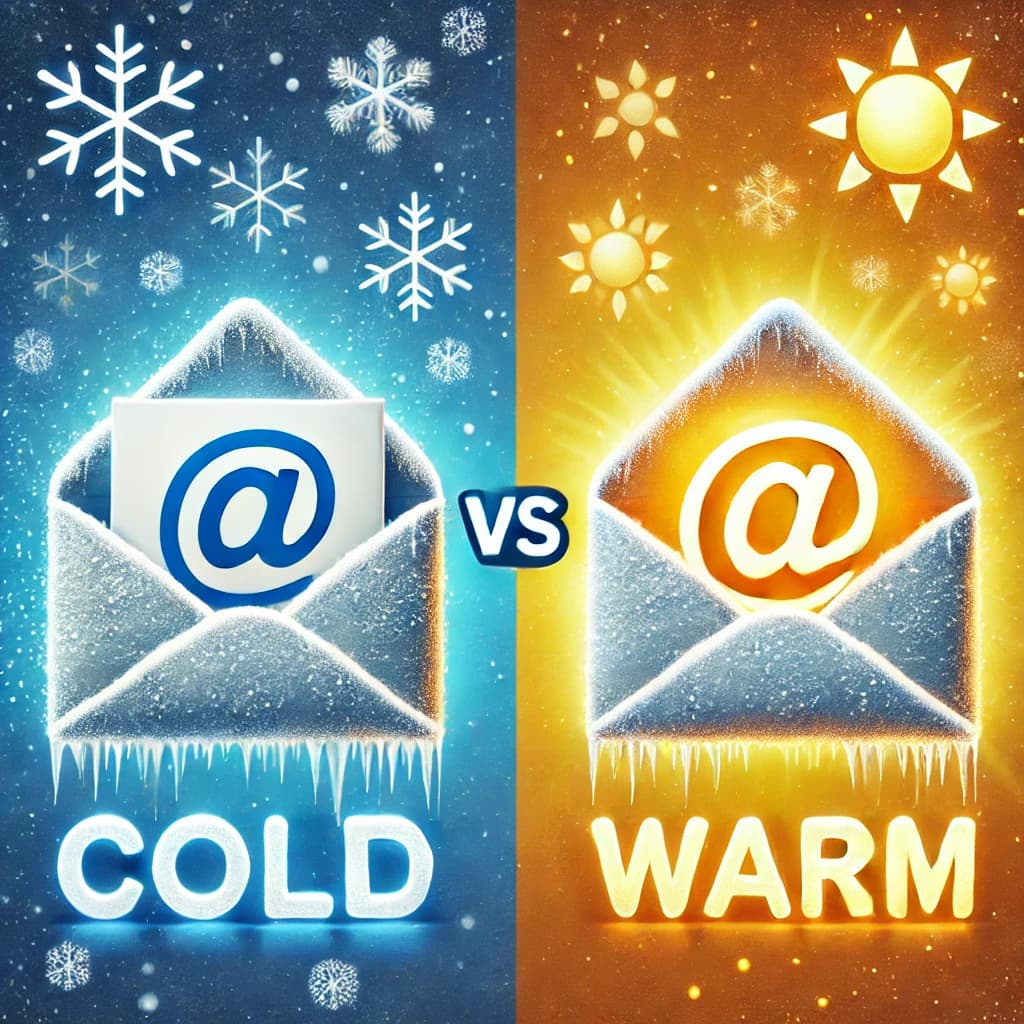Stop Sending Cold Emails: The Power of Warm Emails in Graduate School Applications
Learn why warm emails are more effective than cold emails in graduate school applications and how to craft personalized messages to secure scholarships and positions.
Posted by
Related reading
Explore the financial aspects of pursuing a PhD, including full funding options like assistantships, industry funding, fellowships, and more.
Top U.S. Universities with the Highest Percentage of International Students in 2024
Discover the top U.S. universities with the highest percentage of international students in 2024, providing a diverse and enriching academic environment.
Wait, You Mean Application Fee is Free?
Learn how to apply for PhD fee waivers, save on application costs, and improve your chances of admission with proactive strategies.

Stop Sending Cold Emails: The Power of Warm Emails in Graduate School Applications
When it comes to securing scholarships for graduate school in the US and Canada, the common advice often points towards sending numerous cold emails to professors. The idea is simple: reach out to as many potential advisors as possible, hoping to secure a few interviews and, if lucky, a fully-funded offer. However, this approach, while widespread, is highly inefficient and often ineffective. Instead, focusing on warm emails can significantly increase your chances of success.
Definitions
Cold Email: An unsolicited message sent to professors, often appearing generic and impersonal. These emails typically ask if there are any open PhD positions, with little to no reference to the professor's specific research interests or recent work.
Warm Email: A personalized and relevant message that shows genuine interest in a professor's research. These emails mention specific details about the professor’s work and explain how the sender’s background and interests align with it.
Why Cold Emails Fall Short
Cold emails often resemble spam. Here are some reasons why they are generally ineffective:
- High Competition: Professors receive hundreds of cold emails from prospective students worldwide. Your email can easily get lost in the sea of messages.
- Lack of Personalization: Cold emails often come across as generic and impersonal. Professors can quickly identify templated emails, which decreases your chances of getting a positive response.
- Low Response Rate: Due to the high volume and impersonal nature of cold emails, the response rate is typically very low. Even if you send hundreds of emails, you might only receive a few replies, if any.
- No Clear Interest in Research: Without specific references to their research, professors may see cold emails as a broad attempt to secure any position, rather than a focused effort to join their particular research team.
The Warm Email Advantage
Warm emails, on the other hand, demonstrate a genuine interest in the professor's work and are tailored to show how your background aligns with their research. Warm emails are more effective for several reasons:
- Personal Connection: Warm emails make the communication more personal and relevant by referencing specific details about the professor’s research.
- Demonstrated Interest: By mentioning specific events, publications, or aspects of their research, warm emails show that you have done your homework and are genuinely interested in the professor’s work.
- Higher Response Rate: Because warm emails are personalized and relevant, they tend to have a much higher response rate compared to cold emails.
- Building Relationships: Warm emails help in building and nurturing professional relationships, which can be beneficial for long-term academic and career prospects.
How to Craft Effective Warm Emails
Identify Relevant Research: Find professors whose research aligns with your interests and background. Read their recent publications and familiarize yourself with their work.
Personalize Your Message: Start your email by referencing specific details about the professor's research that interest you. Explain how your background and skills make you a good fit for their team.
Show Genuine Interest: Highlight why you are interested in their research and how you can contribute to their projects.
Be Concise and Clear: Keep your email concise and to the point. Clearly state your purpose for writing and what you hope to achieve with this communication.
Conclusion: Warm Up Your Emails
While sending numerous cold emails might seem like casting a wide net, it often results in minimal success. Instead, focus on sending warm emails that demonstrate your genuine interest and relevance to the professor’s work. This approach not only increases your chances of securing a scholarship but also helps in building meaningful academic relationships. So, stop sending cold emails and start warming up your graduate school applications today!